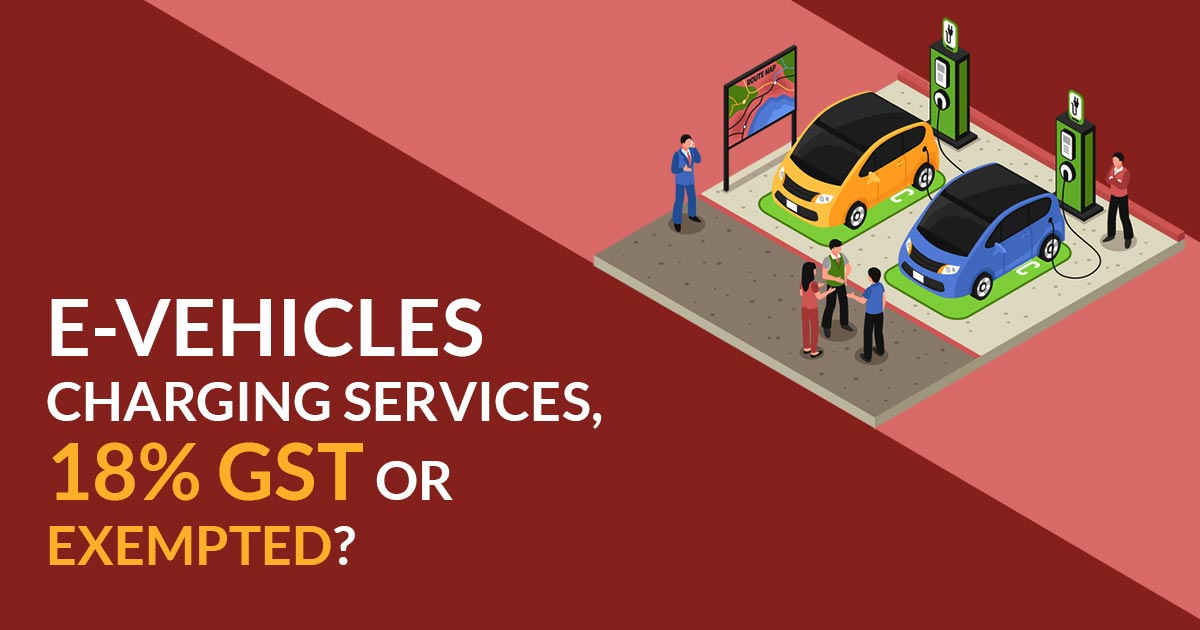
India supports the global electric vehicle (‘EV’) 30@30 campaign. By 2030, the country is seeking to have at least 30% of new vehicle sales. There is a need for an accessible and robust network of EV charging infrastructure to address the mentioned ambitious target.
The functioning of an EV relies on the battery installed in it. The battery is used to furnish the essential power to EV which always makes it able to function. The EV charging involves the supply of direct current (DC) to the battery pack. The work of the electricity distribution system supplies the alternate current (AC) power, a converter is needed to give DC power to the battery.
The charging stations would either have an AC-based EVSE or DC-based EVSE. The Electric Vehicle Supply Equipment (‘EVSE’) is the basic unit of EV charging infrastructure. The EVSE accesses power via local electricity supply and uses a control system and wired connection for charging safer Evs.
The ministry of power in its clarification concerning the need for licensing through the charging stations beneath the electricity act 2003 specified that charging of the EV battery via charging station comprises of the service needs the consumption of the electricity via charging station. The activity would not allow any electricity sale. Hence the charging stations would not need any license beneath the electricity act.
Read Also: Tax Deduction on Loan Interest While Buying EVs
If it comes under GST then on the charging activity 18% of GST would be applied. But the supply of electricity is to be treated as the sale of electricity but that will be exempted from GST.
Now the question that arises is that for the GST concern it is to know whether the charging of the battery is an activity of the supply of the electricity as goods and hence gets a GST exemption or it comes under the charging services by the charging station with the GST rate of 18%. The judiciary, again and again, classified electricity as moveable property.
The Supreme court inside this decision has seen the specifications of the electricity provided below:
- Electrical energy comes beneath the movable item and thus goods would come in that.
- In electricity, the continuity of supply and consumption shall get started from the point when the energy passes via meters.
- As the reading of the meter gets recorded, the sale will get started.
- As soon as the electrical energy is supplied to the consumer and is transmitted from the meter, the consumption will get started within the supply.
- There is no gap in its operation.
Inside the activity of EV charging at the charging station, there would be no sale of electricity specified by the Ministry of Power because the electricity is consumed in the premises owned by the charging station. This will come under the service of charging the battery.
There is no gap amid the sale and the consumption for the concern of the electricity that is both would take palace side by side. When these activities take place side by side then the same will be effective to treat the impugned transaction as a service specifically on the ground that the consumption takes place in the premises of the charging station.
When the electricity is supplied at our home then, in this case, the consumption is at much more quickly once we switch on the power button and plug in any device. In the mentioned case, the activity is specified as the supply of electricity by DISCOMS. The only difference between these two cases is that we use the electricity for several purposes at the home whale in the impugned case the electricity is used only for one purpose that is charging EV. but in both cases, the concern is similar that there is an electricity supply.
Rather than charging EV in the charging station, the connection was given to the distribution system or otherwise to obtain the electricity then need of the license beneath the electricity act will come, seems fine considering the intent and objective of the Electricity Act. However, the same may not be adopted in the context of GST laws, said the ministry.
Read Also: Rajasthan Govt Approved Subsidy on the Sale of Electric Vehicles
Relied on the mentioned criteria, the impugned activity by the charging station would be discussed to be classified as the sale of electricity beneath GST and hence exempted.
Moreover, if one chooses the reference of the position chosen beneath the EU VAT then the given transaction is recognized as a supply of goods.
But the ministry of power in its clarification specified that the impugned transaction is the supply of services, but on the grounds of the science engaged in that, the jurisdiction beneath the erstwhile laws and the position chosen under EU VAT, the same would be argued well that the charging of the electric vehicles in the charging stations is the supply of electricity as the goods for the intention of the GST laws.
The same is suggested that the concerned trade bodies and supplies must adopt the GST official and CBIC to clarify the problem soon.